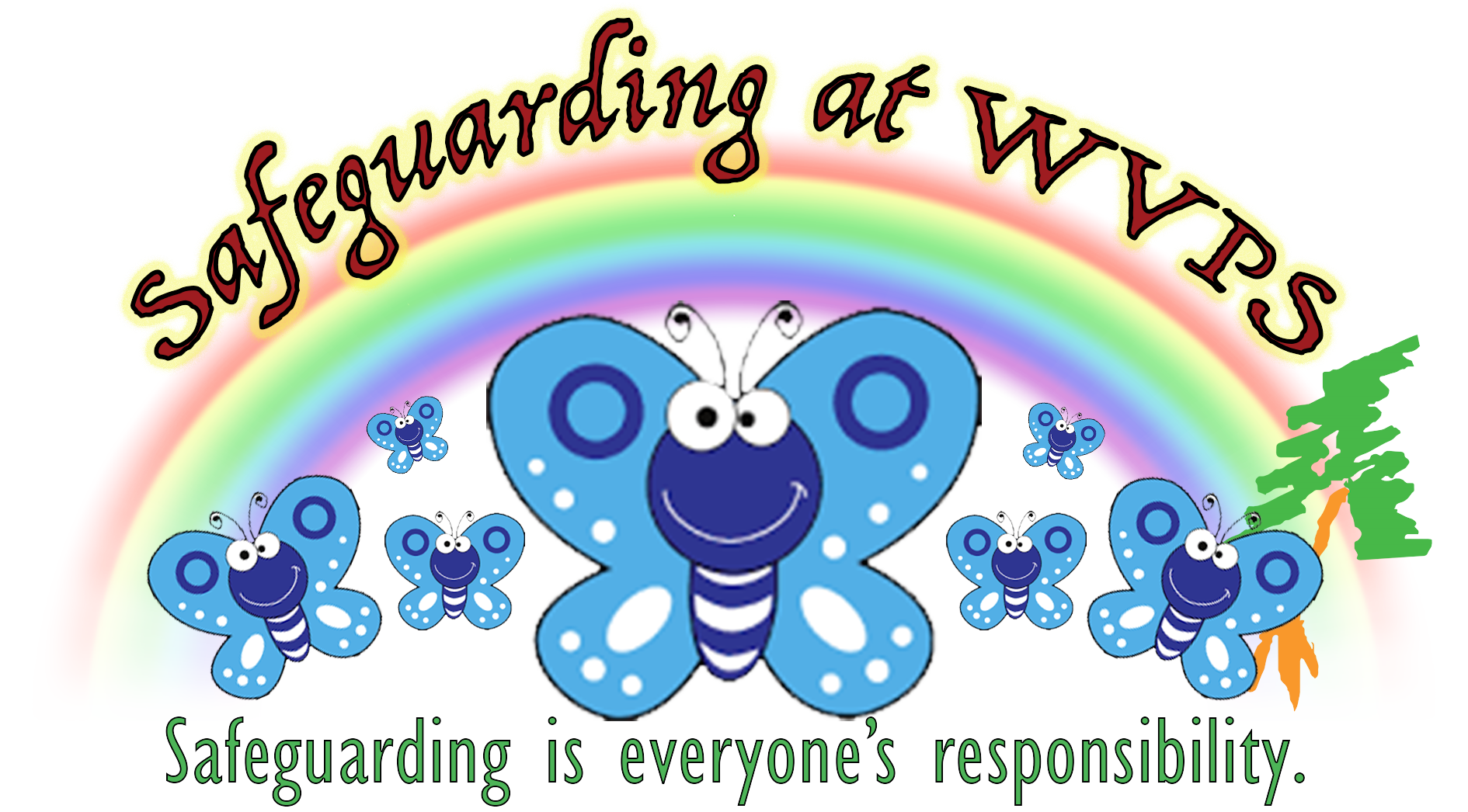Parent Information, Support and Early Help
What is Early Help?
Early help and early intervention are forms of support aimed at improving outcomes for children or preventing escalating need or risk. Early help and early intervention services can be provided at any stage in a child or young person's life, from the early years right through to adolescence. Services can be delivered to parents, children, or whole families.
Early help, or early intervention, is support given to families when:
- a challenge first develops
- a new or continuing difficulty doesn’t meet the threshold for specialist support - for instance from social services or the NHS mental health service for young people, known as CAMHS
Early help is always voluntary. It can go beyond the support offered by universal services such as the GP or school. It aims to support families to develop strategies and strengths, resolve difficulties and prevent problems from escalating.
Early help teams often include a range of professionals, such as mental health nurses, health visitors, therapists, psychologists, social workers and family support workers/practitioners. Our glossary explains some of these roles. Early help may also be provided alongside support from a charity or from CAMHS, or to provide ongoing support after being discharged from a service.
What does Early Help for pupils include?
1:1 or group emotional support focusing on:
- Promoting self-esteem and confidence.
- Promoting positive behaviour and attitudes to learning.
- Support with developing positive relationships.
- Support with bereavement, family breakdown or other trauma.
- Promoting attendance (school refusal).
- Support with emotional regulation.
What does Early Help for families include?
There are lots of reasons why you might want some support including:
- Advice about your child's health, development or behaviour
- How your child is progressing at school
- Caring for a child with a disability or additional needs
- Concerns you have about money or housing that is affecting your family
- Help around domestic abuse, drugs, alcohol or crime
- Bereavement support
- Being a young carer
- Providing information and signposting to other services in the local area.
- Liaising with a range of external services such as housing and Family Support Workers.
Who provides Early Help support and advice in school?
Early Help support is provided by a variety of staff across our school, however, it is usually overseen by Mrs Matsangou. If a parent/carer approaches a staff member about Early Help support, they will discuss this with Mrs Matsangou (or Mrs Taylor) to decide on next steps.
Where a referral to another professional is seen as beneficial, such as to the school nurse, children’s mental health team or a consultation with a specific service, the school will either make the referral or work with the family to support the referral and next steps.
The Early Help Assessment (EHA) is a process
An Early help assessment is a conversation where we can talk about things that are going well and things that you're proud of as well as things that you're finding a challenge and where support can be put into place to help you. Throughout the process, you have control over who is involved. You will also be given a copy of the form, and be told who will see it, where it is stored and how it will be used.
What happens next will be different for every family. You may make a plan with the person you spoke with to sort out the problems. You might want to meet with other people who might be able to help. This is called a team around the family (TAF) meeting. Or you might want to get a service (like family support, therapy, or a children's centre) to give you the help you feel you need.
If you decide you'd like some support, the person you talked with will ask if they can share details of your conversation. You need to be happy with this and give your permission. This is to make sure the people supporting you can do a good job for you and understand the journey you and your family are on.
Contact Us
Designated Safeguarding Lead: Mrs Amanda Matsangou
Family Support: Mrs Jo Taylor
Email: office@wvps.northants.sch.uk (please address the email to Mrs Matsangou)
Phone: 01604 765037 (please ask for Mrs Matsangou or Mrs Taylor)
Please CLICK BELOW for our Directory of Support for Children, Young People and Adults.



